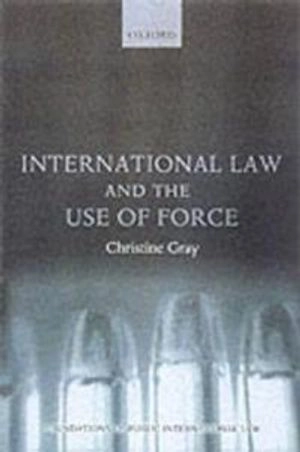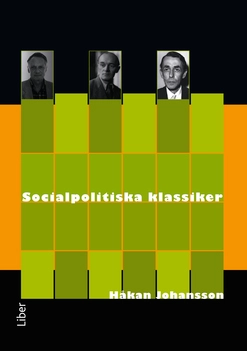

International law and the use of forceUpplaga 1
- Upplaga: 1a upplagan
- Utgiven: 2000
- ISBN: 9780198765271
- Förlag: Oxford University Press
- Format: Häftad
- Språk: Engelska
Om boken
Åtkomstkoder och digitalt tilläggsmaterial garanteras inte med begagnade böcker
Mer om International law and the use of force (2000)
2000 släpptes boken International law and the use of force skriven av Christine Gray. Det är den 1a upplagan av kursboken. Den är skriven på engelska. Förlaget bakom boken är Oxford University Press.
Köp boken International law and the use of force på Studentapan och spara pengar.
Referera till International law and the use of force (Upplaga 1)
Harvard
Oxford
APA
Vancouver



















